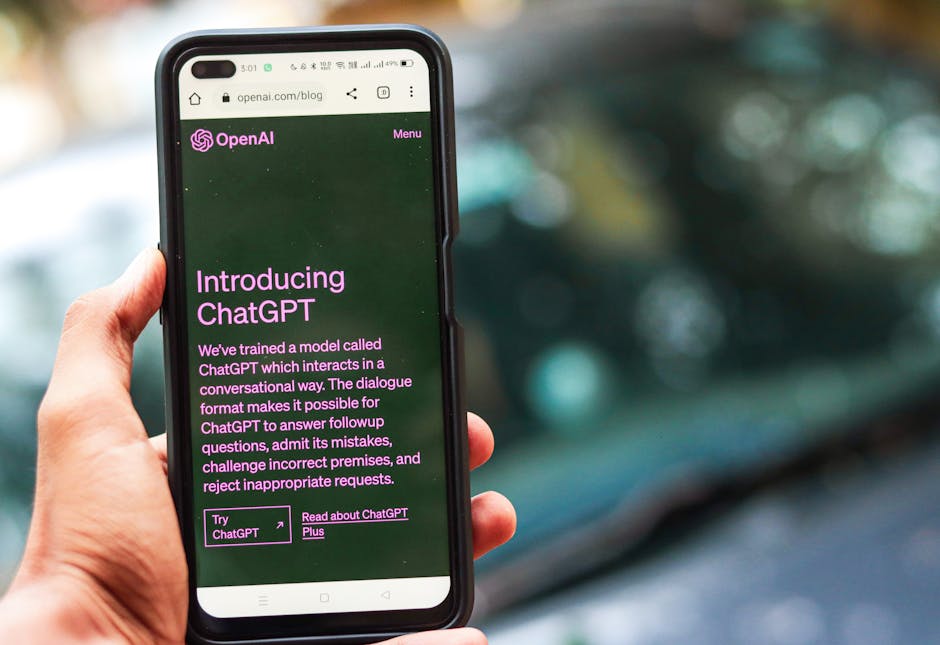Unlock encrypted content
Please enter your SSCE key to initiate on-the-fly decryption.
Decryption key: (Click cancel if you don't have the key)
Copied link to clipboard.
This feature is unavailable for free accounts. Upgrade now and enjoy all Premium benefits.
Go Premium!
This feature is unavailable for free accounts. Upgrade now and enjoy all Premium benefits.
Go Premium!
Please open this page in browser ( Google Chrome or Safari ) to use this feature.
Open In Browser
Li-Fi (Light Fidelity): Revolutionizing Autonomous Driving and Cloud Storage Reliability.
Random related video for this blog.
Copied share link to clipboard.
Introduction
In the era of advanced technology, the need for reliable and efficient data transmission is paramount. Traditional Wi-Fi networks have limitations in terms of speed and capacity, leading to the emergence of Li-Fi (Light Fidelity) technology. Li-Fi utilizes light waves to transmit data, providing lightning-fast speeds and enhanced security. This article explores the potential of Li-Fi in autonomous driving, cloud storage reliability, and its impact on various industries.Li-Fi in Autonomous Driving
Autonomous driving has gained significant attention in recent years, with major advancements in the field. Li-Fi technology can play a crucial role in enhancing the safety and efficiency of autonomous vehicles. By utilizing Li-Fi for data transmission, vehicles can communicate with each other and with infrastructure in real-time, enabling faster reactions and reducing the risk of accidents. One of the key advantages of Li-Fi in autonomous driving is its low latency. Traditional wireless communication technologies often suffer from latency issues, which can be critical in time-sensitive situations. Li-Fi, on the other hand, offers near-instantaneous data transmission, allowing autonomous vehicles to make split-second decisions based on real-time information. Moreover, Li-Fi can provide a secure and reliable communication channel for autonomous vehicles. Its narrow beam transmission ensures that data is only received by the intended recipient, minimizing the risk of interference or hacking. This level of security is crucial in autonomous driving, where any breach can have severe consequences.Cloud Storage Reliability and Advanced Uploading Tools
Cloud storage has become an integral part of our daily lives, allowing us to store and access data from anywhere. However, concerns regarding data security and reliability have always been a topic of discussion. Li-Fi technology offers a solution to these concerns by providing a more secure and reliable method of data transmission. Traditional cloud storage services often rely on Wi-Fi or wiredconnections, which can be vulnerable to interference and data breaches. Li-Fi, on the other hand, utilizes light waves that are confined to a small area, making it difficult for hackers to intercept the data being transmitted. This enhanced security ensures that sensitive information remains protected. Additionally, Li-Fi technology enables advanced uploading tools that enhance the user experience. With Li-Fi, users can upload large files, such as videos or high-resolution images, in a fraction of the time compared to traditional methods. This not only saves time but also reduces the risk of data loss during the uploading process.
Robot Rebellion and the Role of Li-Fi
As robots become more integrated into our daily lives, ensuring secure and reliable communication becomes crucial. Li-Fi technology can play a significant role in mitigating the risks associated with the potential "robot rebellion." By utilizing Li-Fi for communication between robots and their control systems, the risk of unauthorized access or interference is minimized. Li-Fi's secure and narrow beam transmission ensures that the communication between robots and control systems remains confidential. This prevents malicious actors from gaining control over the robots and causing harm. Moreover, Li-Fi's low latency ensures that robots can respond quickly to commands, enhancing their overall performance and safety.Cloud Storage for Individuals and Secure Client Data Sharing
Cloud storage is not limited to businesses; individuals also rely on it to store and share their personal data. Li-Fi technology offers individuals a more secure and reliable option for storing their valuable information. With Li-Fi, individuals can have peace of mind knowing that their personal data is protected from unauthorized access. Furthermore, Li-Fi enables secure client data sharing, especially in industries that deal with sensitive information, such as healthcare or finance. By utilizing Li-Fi for data transmission, these industries can ensure that client data remains confidential and is not vulnerable to hacking or interception. This level of security is crucial in maintaining trust and compliance with data protection regulations. In conclusion, Li-Fi (Light Fidelity) technology has the potential to revolutionize various industries, including autonomous driving and cloud storage. With its high-speed transmission, enhanced security, and low latency, Li-Fi offers a promising solution to the limitations of traditional wireless communication. As technology continues to advance, embracing Li-Fi can pave the way for a more efficient, secure, and reliable future.By Amelia Isabella
Email: [email protected]
Related
Unmanned Aerial Vehicle (UAV) Data Synchronization and Cloud-Based Backup: Advancing...
July 3, 2023
Read More
Futuristic Transportation and Smart Contracts: Revolutionizing the Way We Travel...
July 3, 2023
Read More
User-friendly Interface, Easy-to-use Uploading Tools, and Cloud File Synchronization: A...
July 3, 2023
Read More
Cloud-Based File Editing: Enhancing Collaboration and Efficiency in the Digital...
July 4, 2023
Read More
Multi-Factor Authentication: Ensuring Secure Access to Data in the Digital...
July 4, 2023
Read More
Popular
Latest
The Future of Digital Transformation: Exploring Smart Homes, Efficient File...
November 30, 2025
Read More
Exploring the Benefits of Cloud Storage and Innovative Technologies in...
November 26, 2025
Read More
The Future of Technology: Exploring Biohacking, Space Tourism, and Digital...
November 23, 2025
Read More
The Future of File Sharing: Streamlined Workflows for Photographers and...
November 19, 2025
Read More
Exploring the Intersection of Technology: From Cybersecurity to Augmented Reality...
November 16, 2025
Read More
The Future of File Management: Embracing Edge Computing and Efficient...
November 12, 2025
Read More
The Future of File Sharing: Exploring User-Friendly Solutions and Data...
November 5, 2025
Read More
The Future of Cloud Storage: How FileLu Empowers Creative Professionals...
November 2, 2025
Read More
The Future of Autonomous Technologies: Innovations in Robotics, File Sharing,...
October 29, 2025
Read More
Emerging Technologies Revolutionizing File Management: From Li-Fi to Robust Collaboration...
October 26, 2025
Read More
Emerging Technologies: Exploring the Impact of File Access Auditing, Genetic...
October 19, 2025
Read More
The Future of Data Storage: Exploring Advanced Encryption, Mobile Integration,...
October 5, 2025
Read More
Exploring the Future of Data Management: Security, Efficiency, and Cognitive...
September 28, 2025
Read More
Revolutionizing Data Management: Innovations in Storage, Security, and Sustainable Technology.
September 24, 2025
Read More



















